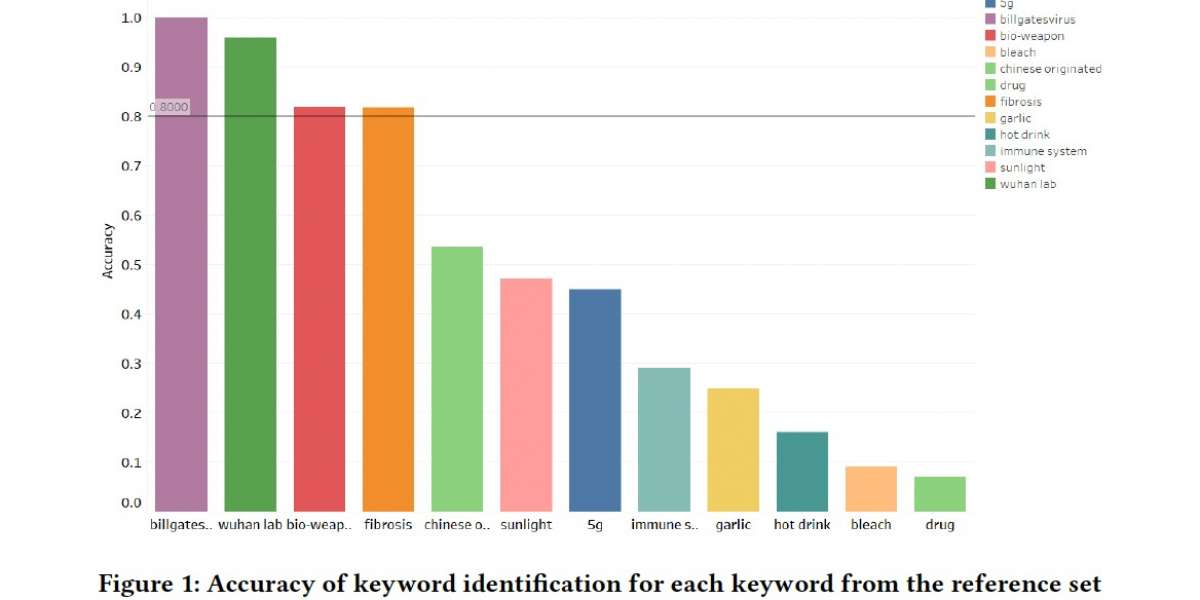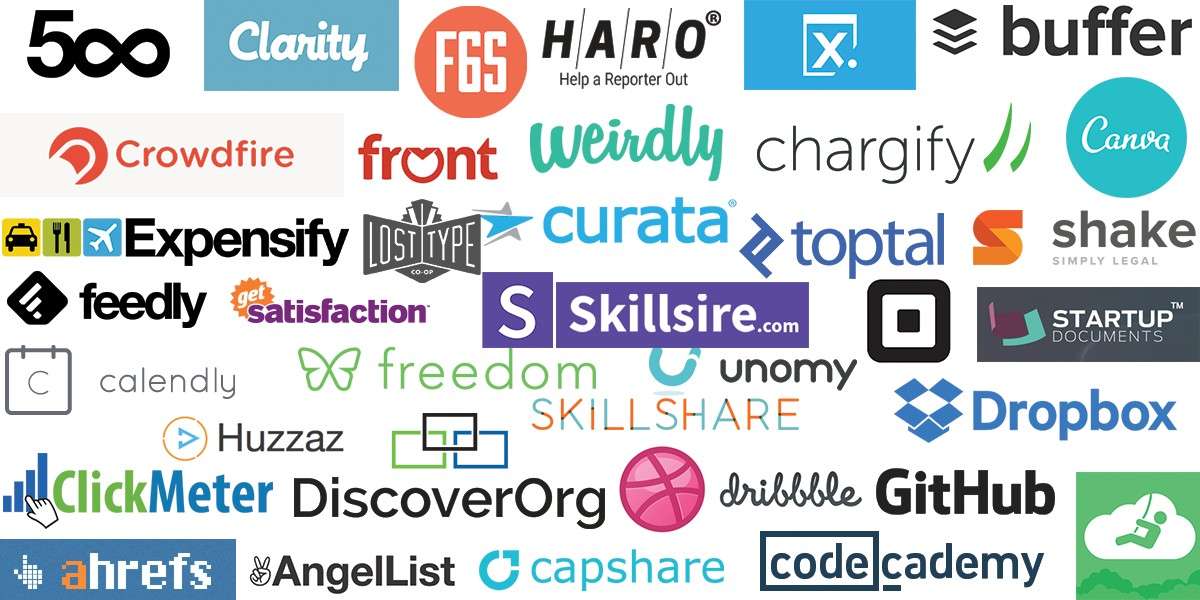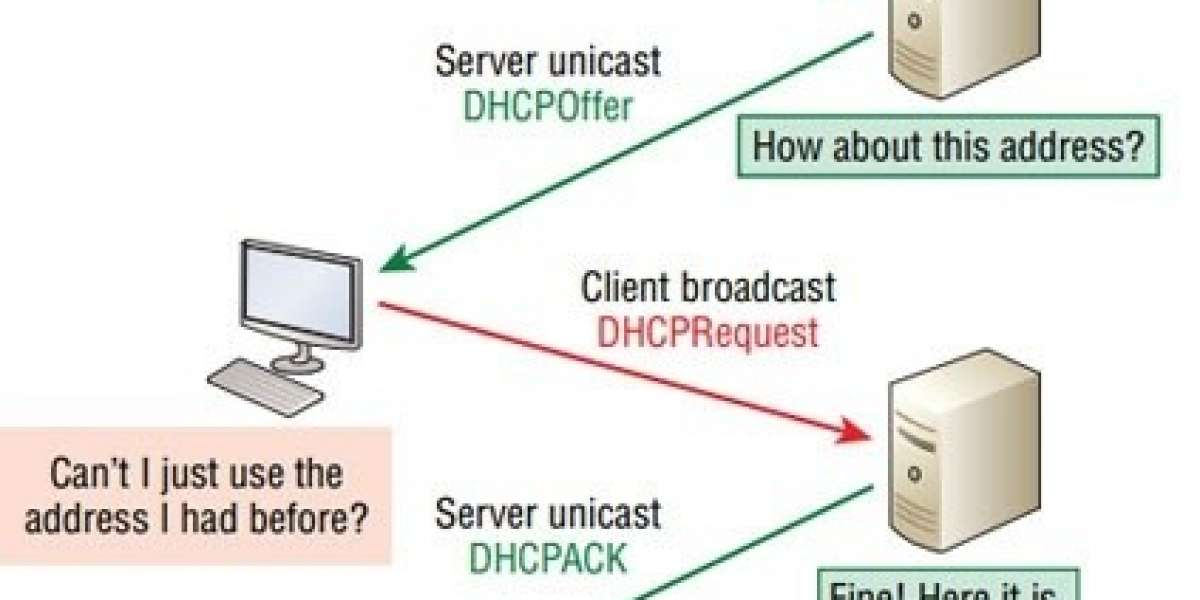Privacy issues are what every user is concerned about. There are certain policies every application or an organization has and abide to follow. A user is the one who is supposed to know them and have knowledge of managing the policies. 'Verizon's Data Breach Investigations Report 2019' states that there are many factors that contribute to compromising of data/performing an attack. Putting the external threats to the applications aside, the major factor that is leading to breaches/attacks/exposure of data is 'phishing'. Moving in-depth to the concept of phishing, there are other factors for user negligence. Keeping this in mind, there are studies that showed how the user can control his data privacy and be protected from data theft.
Study: How privacy is understood and managed on Facebook?
A questionnaire was prepared for the students to answer and collect their little background information. These questions were all related to how the settings on Facebook were managed and monitored over the years. Few of the questions were related to the frequency of Facebook usage, few of them were related to the kind of data shared on Facebook, and other questions related to privacy settings. The analysis made from the data collected gave some very informative conclusions.
Analysis:
We have gained some background information of the participants which we used to quantitatively analyze the data. Amongst our participants, 82.6% are male and 17.4% are female. 26.1% of participants are the age of 18 to 24, and 73.9% are 25 to 34.
The occupations of participants differed. 87% are just students, 8.7% are Technical, and 4.3% are in Digital Marketing. We also collect the information regarding the participant's highest degree, the number of years they have been using Facebook for, their frequency of sharing data, and other privacy settings related to Facebook.
We used pi-charts to display the data that we want to quantitatively analyze. Some of the sample results are provided below.
The data below shows that 34.8% of our participants have had their Facebook account for over 7 years. 56.5% have had their account for 5 to 7 years, one has had it for 3 to 5 years, and one has had their account for 1 to 3 years.

Based on the results, we had an assumption that most of the participants are well aware of the privacy settings of Facebook and hence will be able to manage them accordingly.
A majority of our sample (78.3%) have rarely or never shared their location on Facebook. 13% share their location monthly, only 1 person shares it weekly, and only 1 share it daily.

When asked how often they review their security/privacy settings on Facebook, over half (56.5%) admitted they never or rarely check their settings. 17.4% said they check it once a year, and 26.1% say they review it monthly.

What are the major concerns:
The majority of the users are concerned about their data getting stolen from the application. They did not trust the third-party applications, but could not stop themselves from using them. Knowingly or unknowingly, every user has accepted the terms and conditions of third-parties at some time.
No review of settings: Though the users showed concern about their privacy settings, more than half of them did not bother to go back and update them timely. Every application makes sure that it updates its policies frequently based on the changes it tries to make, when new features are added, or when it updates its policies. It is important for a user to go back and review the settings frequently to make sure that nothing has changed about their controls and data is being managed just the way they want it to be.
Privacy concerns on Facebook: When it comes to privacy concerns on Facebook, 7 out of 23 people claimed that they do not have any concerns regarding privacy. When further questioned on this, all of them replied that they do not trust Facebook to keep their information secure and private. None of the participants were confident about the data they share on Facebook and everyone had issues with pictures they posted or information they shared.
Changes over time: There were significant changes in the usage of Facebook over time according to the participants. 95% of people mentioned a change in the way they used the platform. From restricting the number of posts they made to sharing very less personal information on Facebook, participants mentioned various reasons for their change in behavior of using the application.
Trust in third-parties: Almost all the participants have used third-party applications at some stage. Most parties feat they will lose control over their information and they do not really know how much of their information is being exposed to those third-parties by Facebook. They are also unsure of how safe their information is when at the hand of third-parties.
Facebook credentials used to create other accounts: 17 out of 23 participants used Facebook credentials to create accounts on other websites. Even though roughly 75% of participants trusted using Facebook credentials, the other 25% came up with various concerns and reasons for not using them to create accounts on other sites.
What might happen if privacy policies are not maintained?
There is no doubt that every person uses an application differently, and have different priorities while using it. But, there are certain things that a user should be careful at while setting their privacy policies. There might be instances that might lead to a huge exposure of sensitive data or even exposure of data which might be harmful to the individual.
Sharing of Location: There are instances where the location is on, and the user forgets to disable it. It might be used against them when they are out on a vacation to steal something from their place. It could be used as a navigation guide to track the activities of the individual and exploit their activities.
Global settings for posts: There is an option on Facebook where the user is allowed to choose to whom the content can be shared. Most of the users, though aware of this fact don't bother to change the settings based on the content being shared. When the data is sensitive or something that is not to be shared with everyone, the settings have to be updated accordingly. This might lead to sensitive data exposure and might be harmful to the individual sometimes.
Usage of Third-parties: The users give away their data to third party applications while using Facebook. Be it for games available online, or being tricked to give away data, the data once exposed might be violated in a way none can expect. There is every chance that a huge data loss is just a click away. Users, in the process of playing a game or clicking something interesting, might not look carefully and agree to the terms and conditions of the applications. This is nothing less than giving away a chance for the third-party to steal the data.
Increase in phishing attacks: Noob users, in excitement to use the application, try clicking on every link that might appear. This might lead to giving away their information to may parties that are being supported by the host. According to the Data Breach Investigation Report 2019, nearly 40% of crimes have occurred due to phishing attacks. This might increase if the user is not aware of what can be done on the internet.
Increase in crimes: Unusual behavior of users while using the application might lead to the location visibility, user account exposure, giving away of very sensitive data, and many more. It cannot be said that there is a definite increase in crime due to this, but there are scenarios that showed/reported a crime due to exposure of sensitive information.
What can be done?
There is a thing called privacy policy for every application or website that is visited online. The privacy policy clearly states what actions can be performed on the data, what the application does, what kind of information is collected, and how this information is being used. Apart from this, the application description also states the features and their corresponding settings an application provides. A user's primary responsibility is to review the policies before accepting them blindly.
Educate the users for the right usage: The purpose and the features of the application should be told to the user in the first place. A user without any knowledge of the application might install it and put every user's data on the platform at risk.
Make a clear privacy policy: A user privacy policy should be clearly stated on what the user can do and what has to be done to maintain their privacy. Enough control should be given to the user on what can be controlled and what cannot be controlled.
The remedies might look a little short, but that is what takes to protect the privacy of the data being shared on any websites by the users. Data that is on the website is to be protected by the host which the host is completely responsible for. The least a user can do is review their privacy policies regularly and update their settings based on the information being shared.
It is all in there, one should know how to manage things. This phrase suits the scenario well where the settings are to be managed by the user and leave the rest to the host.
There are scenarios on Social Media platforms where users go and update the settings after a data breach has happened or something harmful to a friend has happened. Why wait for a scenario to happen, when it can be done way before that?










